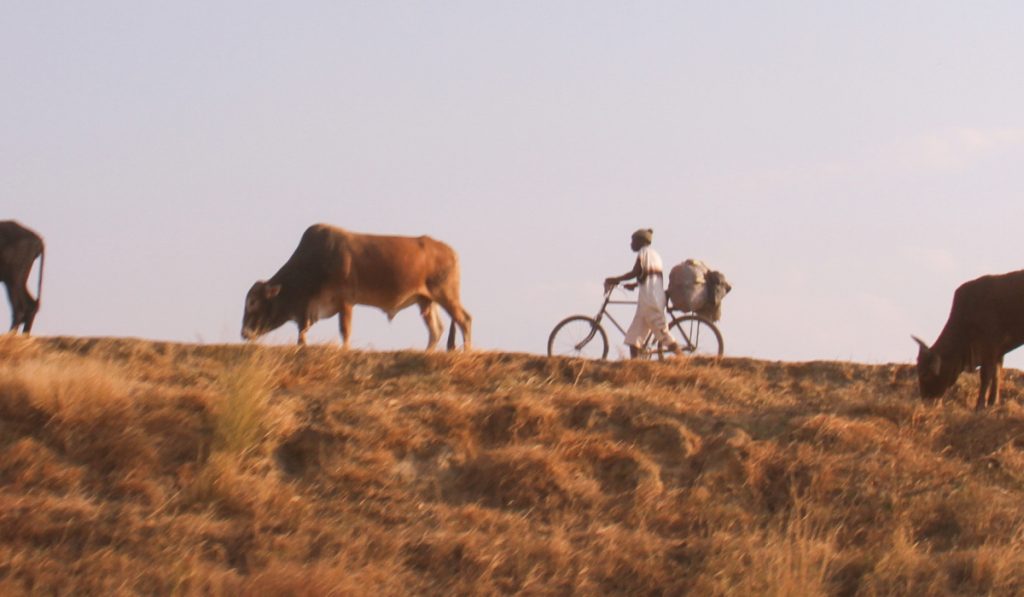
Towards a Common Vision of Climate, Peace and Security in Zambia
Although Zambia does not experience violent conflict, the negative effects of the impact of climate change, compounded with other risk factors, can pose a challenge to human security

Although Zambia does not experience violent conflict, the negative effects of the impact of climate change, compounded with other risk factors, can pose a challenge to human security
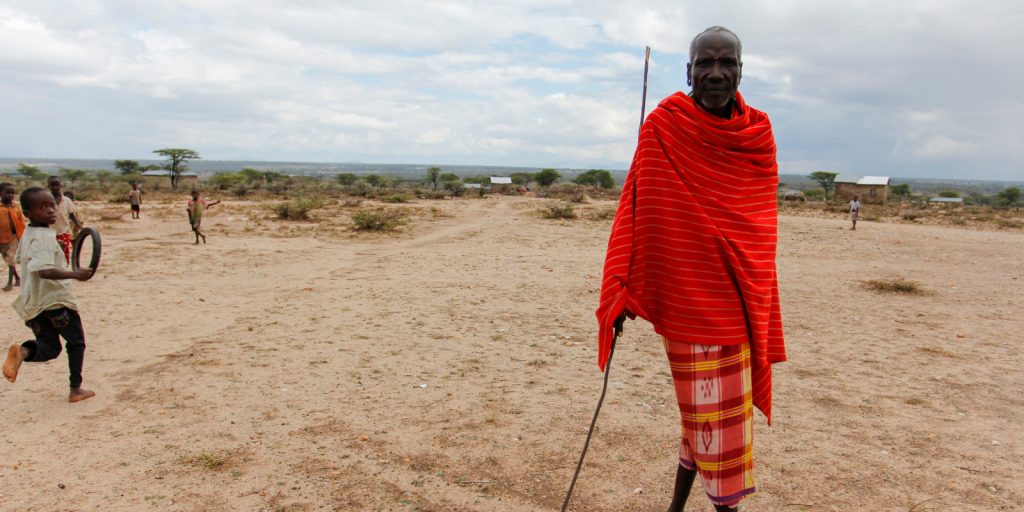
A sustaining peace perspective on climate change shows that the effects of climate change can exacerbate the drivers of conflict, and conflict can undermine the resilience of communities to cope with climate change
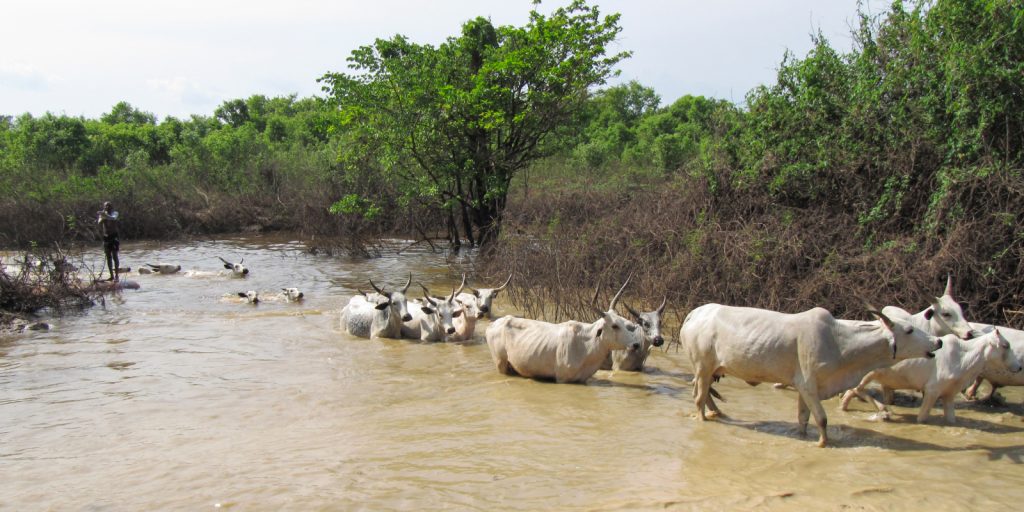
Southern Africa is one of the most vulnerable regions in the world to climate change due to its physical exposure to weather events, low adaptive capacity and high dependence on climate sensitive livelihoods.

The role of women in mitigating the impacts of climate change.
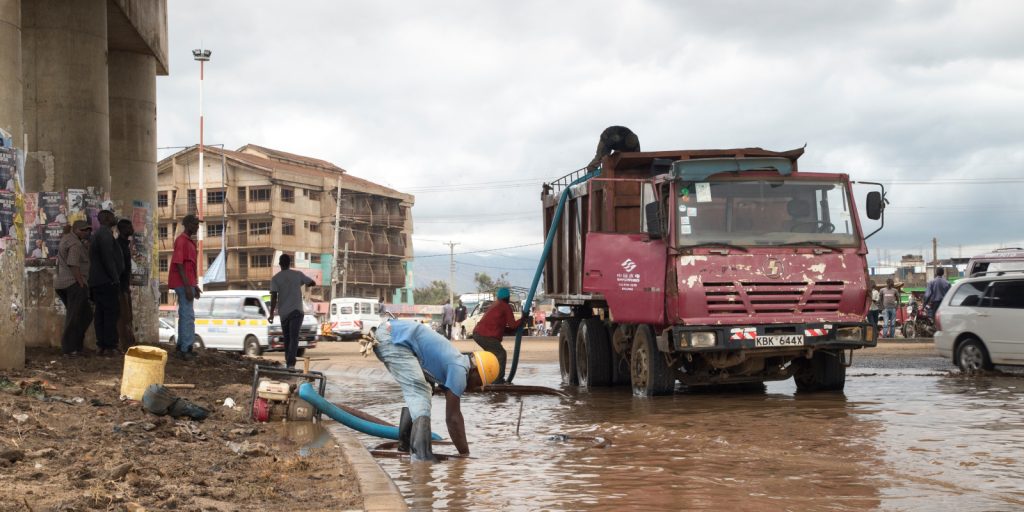
Finance for Loss and Damage has been a longstanding issue at COP but matters are anticipated to come to a head at COP27 in Egypt in November.

Coupled with resource scarcity, the regulatory voids of weak fisheries governance frameworks may leave gaps that can easily fuel conflict and illicit activities
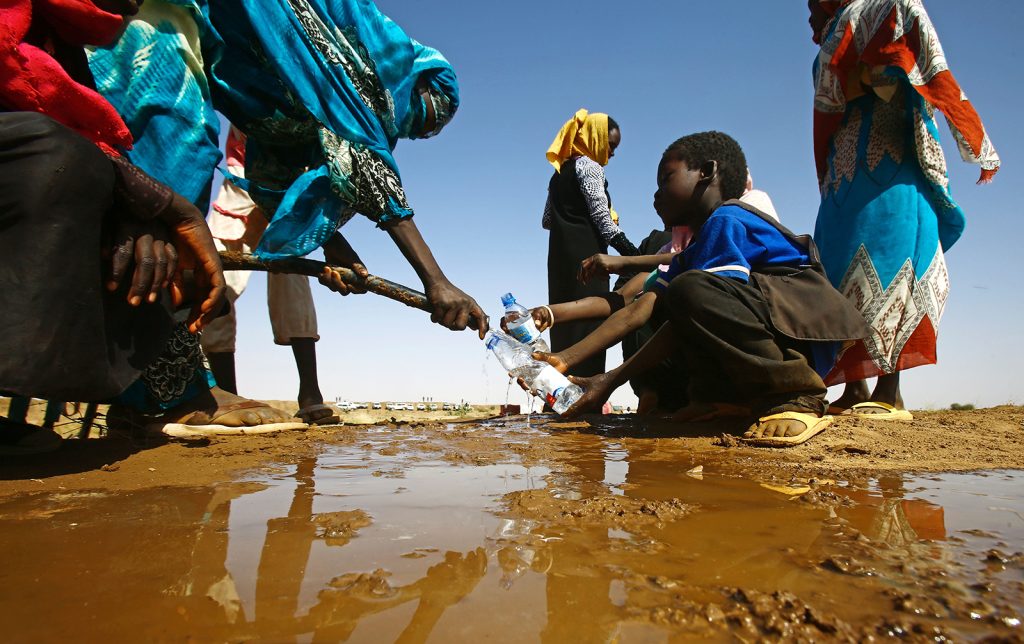
Climate change, political instability and ongoing conflict are reinforcing threat multipliers in Darfur.
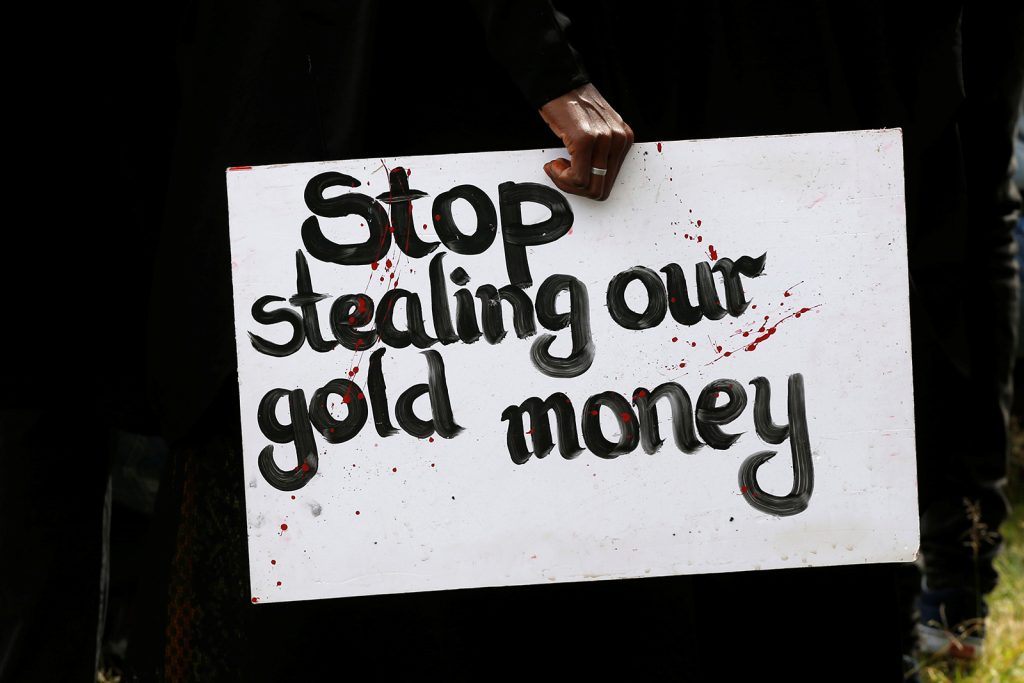
Natural resource transformation is required to curb resource injustice and conflict in post-amnesty contexts such as the Niger Delta.
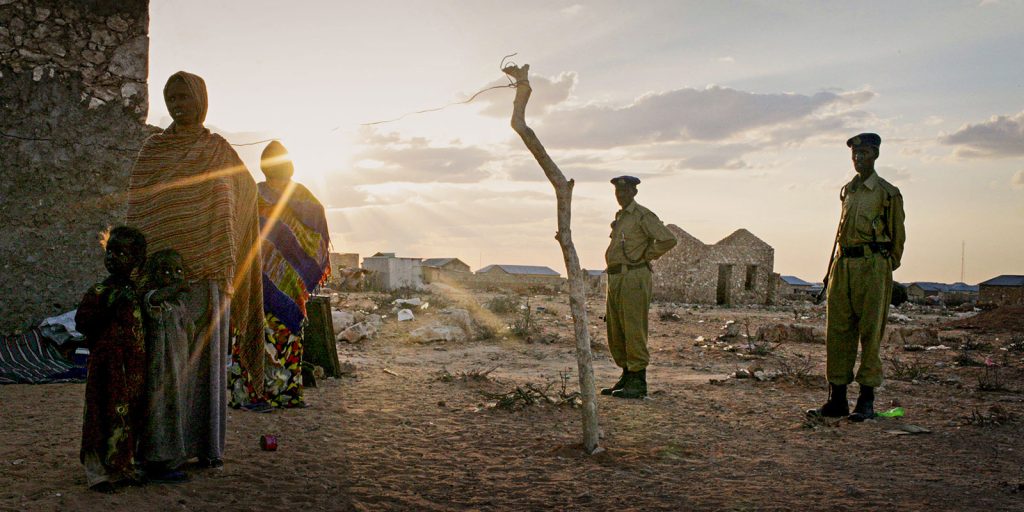
Amid the worst drought in over 40 years, Ethiopia’s high exposure to climate change and its devastating impacts is growing increasingly evident by the day.
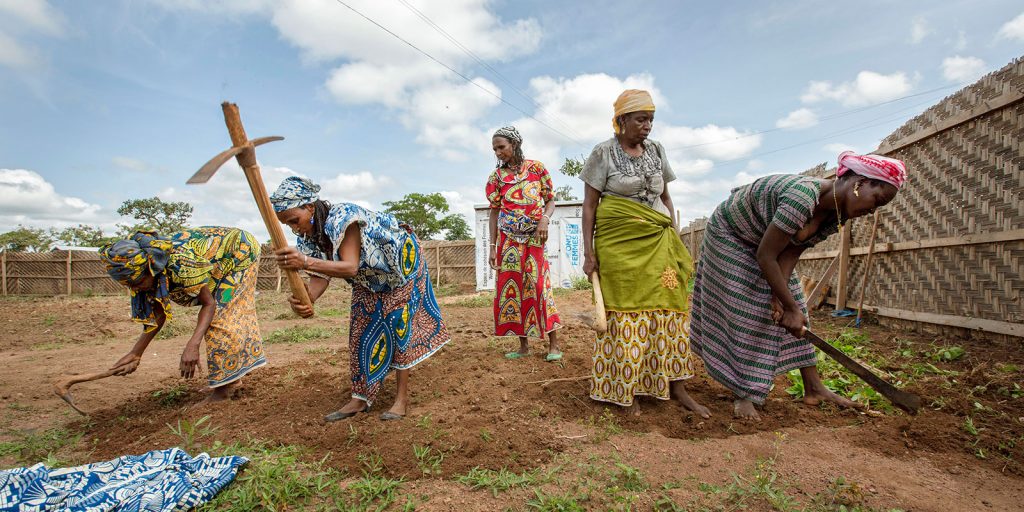
As the COP26 and COP27 Presidencies meet in Denmark for a joint ministerial meeting, the opportunity to advance debates on issues that matter for Africa should be seized.